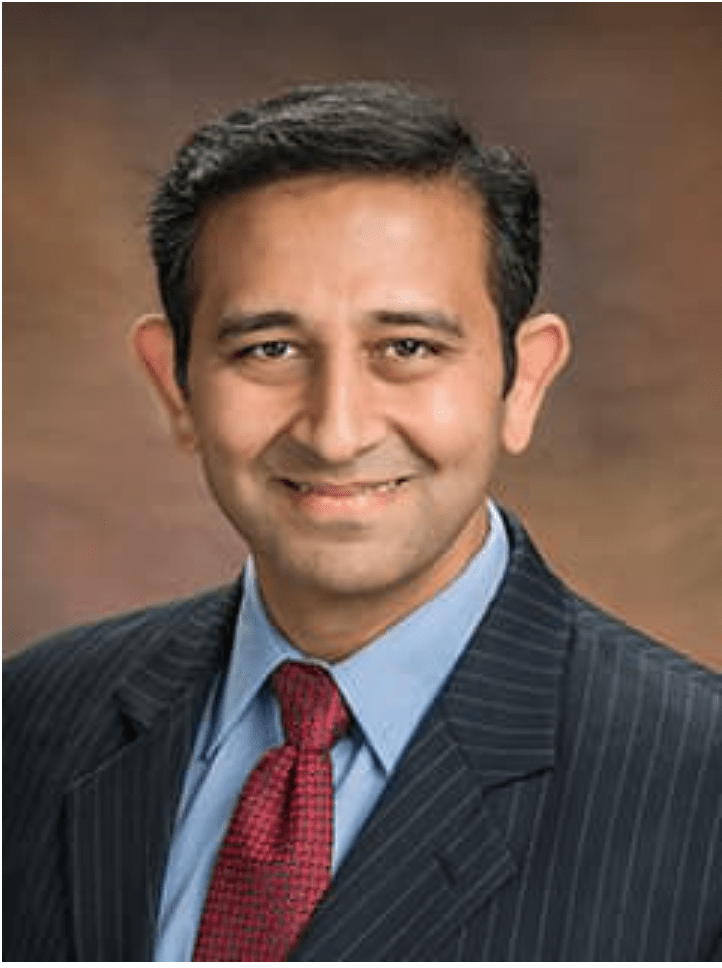I’ll be sharing insights based on my extensive experience in coaching and mentoring hundreds of international medical graduates (IMGs) like you. Let’s dive into the top five myths about residency that IMGs must know.
Myth #1: IMGs Cannot Match into Extremely Competitive Specialties
A common misconception is that IMGs cannot match into highly competitive specialties such as Anesthesiology, Radiology, Dermatology, and Surgical Specialties. While it is true that these fields are highly competitive and challenging, it is not impossible for IMGs to succeed in them.
The Reality: Many IMGs have successfully matched into these specialties by following the right approach. Strong USMLE scores, a robust application, relevant clinical experiences, and strong letters of recommendation are crucial. For example, I have personally seen IMGs match into neurosurgery and orthopedic surgery through alternative entry paths without completing residency training in the U.S. With perseverance and the right strategy, it is definitely possible to enter these competitive fields.
Myth #2: It Is a Must to Have Clinical Experience in the U.S. and Canada to Match
Many believe that having clinical experience in the U.S. or Canada is mandatory to match into residency programs. This belief often discourages IMGs who struggle to gain such experiences.
The Reality: While U.S. or Canadian clinical experience can significantly boost your CV, it is not an absolute requirement. Residency programs also value international clinical experience from your home country or other countries. With a strong application and good scores, it is possible to succeed without U.S. or Canadian clinical experience. I have seen candidates match into competitive specialties directly from their home countries, sometimes even obtaining visas like the H-1B.
Myth #3: You Need to Apply to Hundreds of Programs to Match
Some IMGs think that applying to a vast number of programs increases their chances of matching. This approach can be overwhelming and costly.
The Reality: Applying broadly can indeed increase your chances, but what is more important is the quality of your application and knowing which programs are more likely to consider candidates like you. Understanding where you stand based on your experience and application is crucial. If you need assistance, you can book an appointment with us at www.imgsecrets.com, where we help tailor your application to maximize your chances of success.
Myth #4: Having a Letter of Recommendation from the U.S. or Canada Is a Must
Many IMGs go to great lengths to obtain letters of recommendation from U.S. or Canadian doctors, sometimes spending significant amounts of money in the process.
The Reality: While a letter of recommendation from the U.S. or Canada can enhance your application, it is not always necessary. We have seen successful candidates use letters of recommendation from their home countries. The key is to ensure that these letters are strong and well-written. It’s important not to disrupt your life trying to obtain these letters if it is not feasible.
Myth #5: You Can Navigate the Residency Matching Process Without Professional Help
Navigating the residency matching process can be complex and challenging, especially for IMGs who may not be familiar with the system.
The Reality: Having professional guidance can make a significant difference. At IMG Secrets, we have been helping IMGs match into competitive residency programs by crafting stellar applications. We sit with candidates, draft their applications, and provide support throughout the submission process. If you need help, visit www.imgsecrets.com to book an appointment.
Conclusion
Dispelling these myths can help IMGs approach the residency matching process with more confidence and a clearer strategy. Quality applications and the right approach are key to success. If you have any questions, feel free to post them in the comments below. We try to respond as quickly as possible. Stay safe, and we’ll talk to you soon!
Note: For a detailed step-by-step guide on applying for residency in Canada, check out our special video on our website.

Dr. Rajeev Iyer MBBS, MD, MS, FASA (USA)
Associate Professor of Anesthesiology
University of Pennsylvania,
Philadelphia, USA
Disclaimer: The views and opinions expressed in this article are solely those of the author and do not reflect the official policy or position of the University of Pennsylvania or any other institution or entity.

